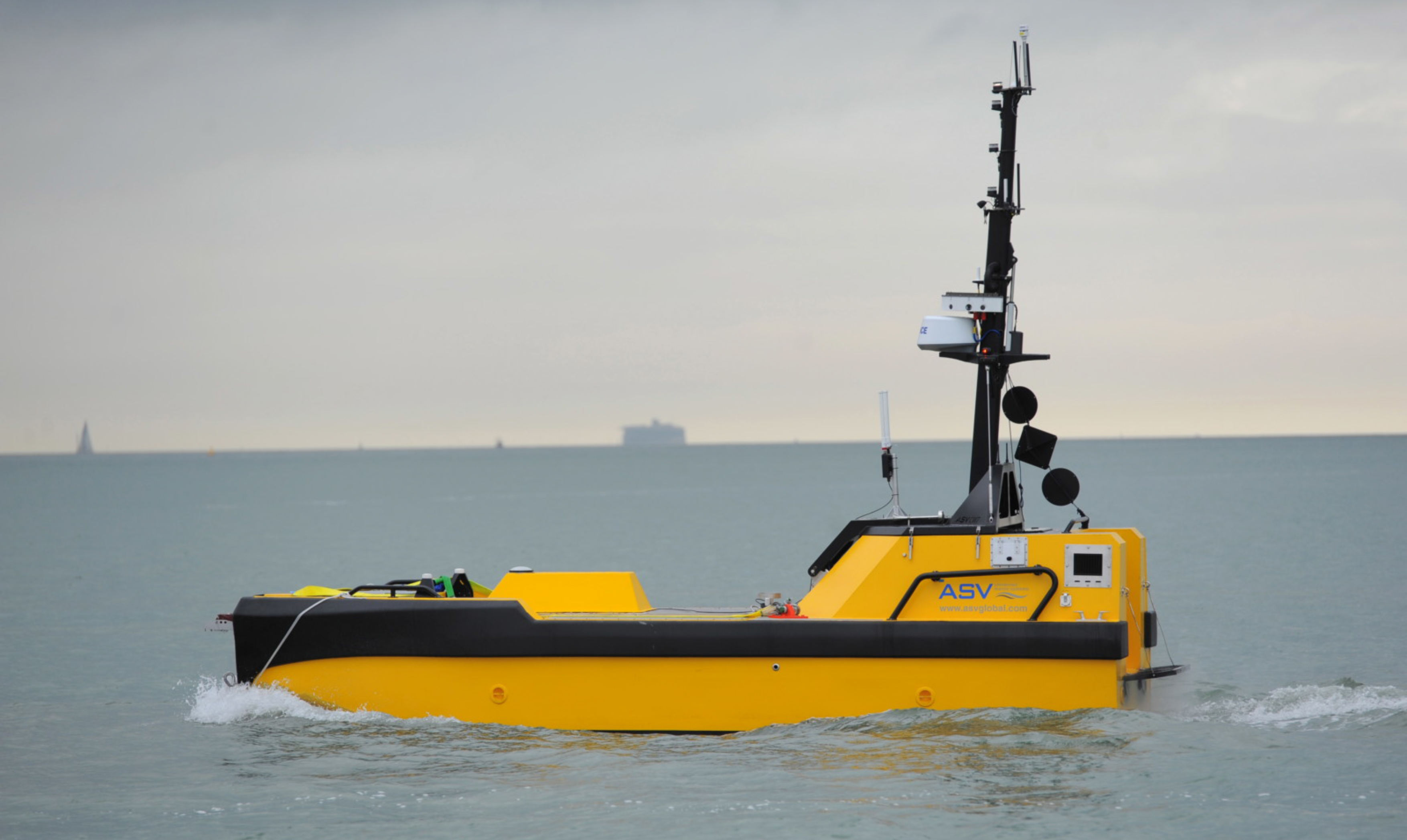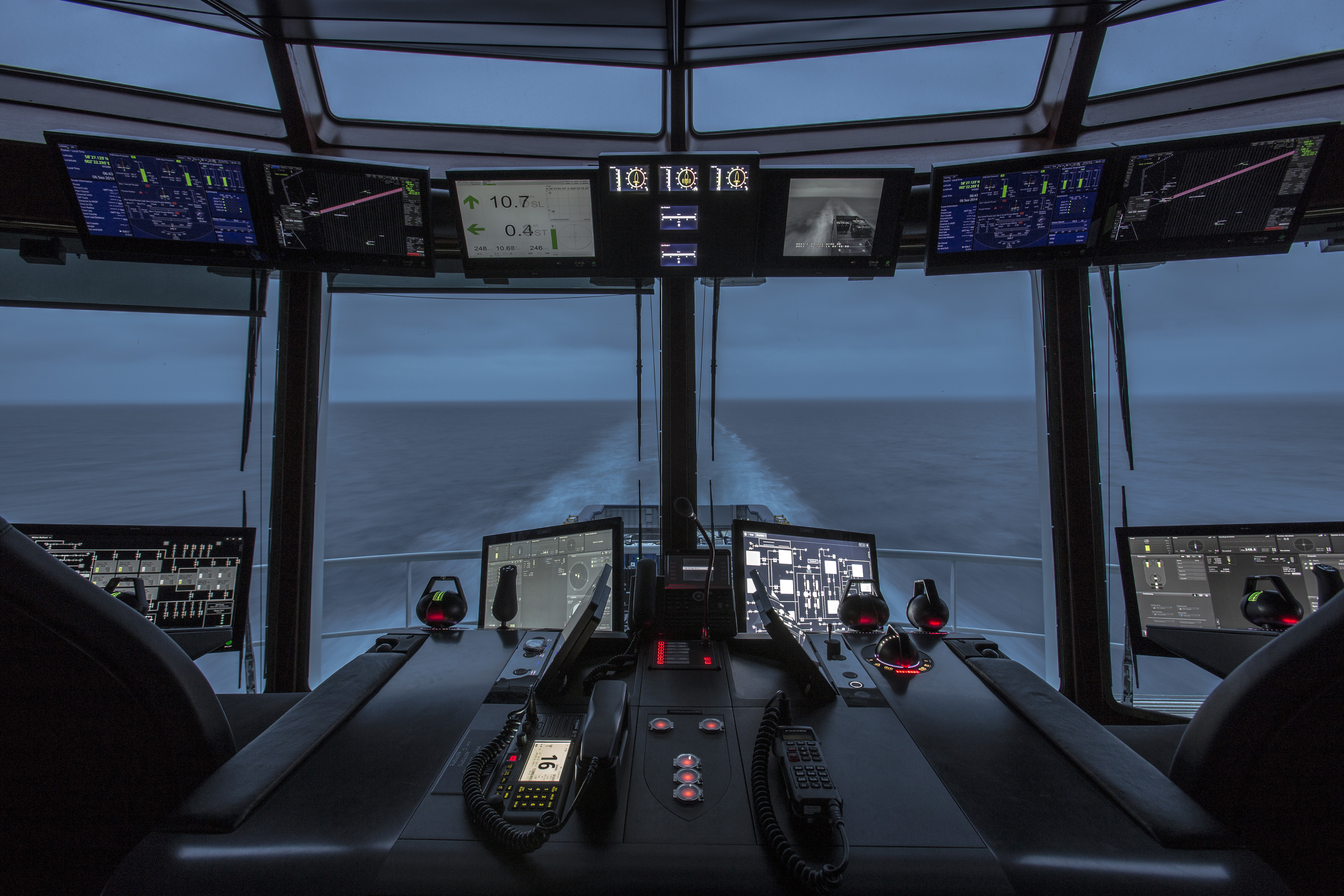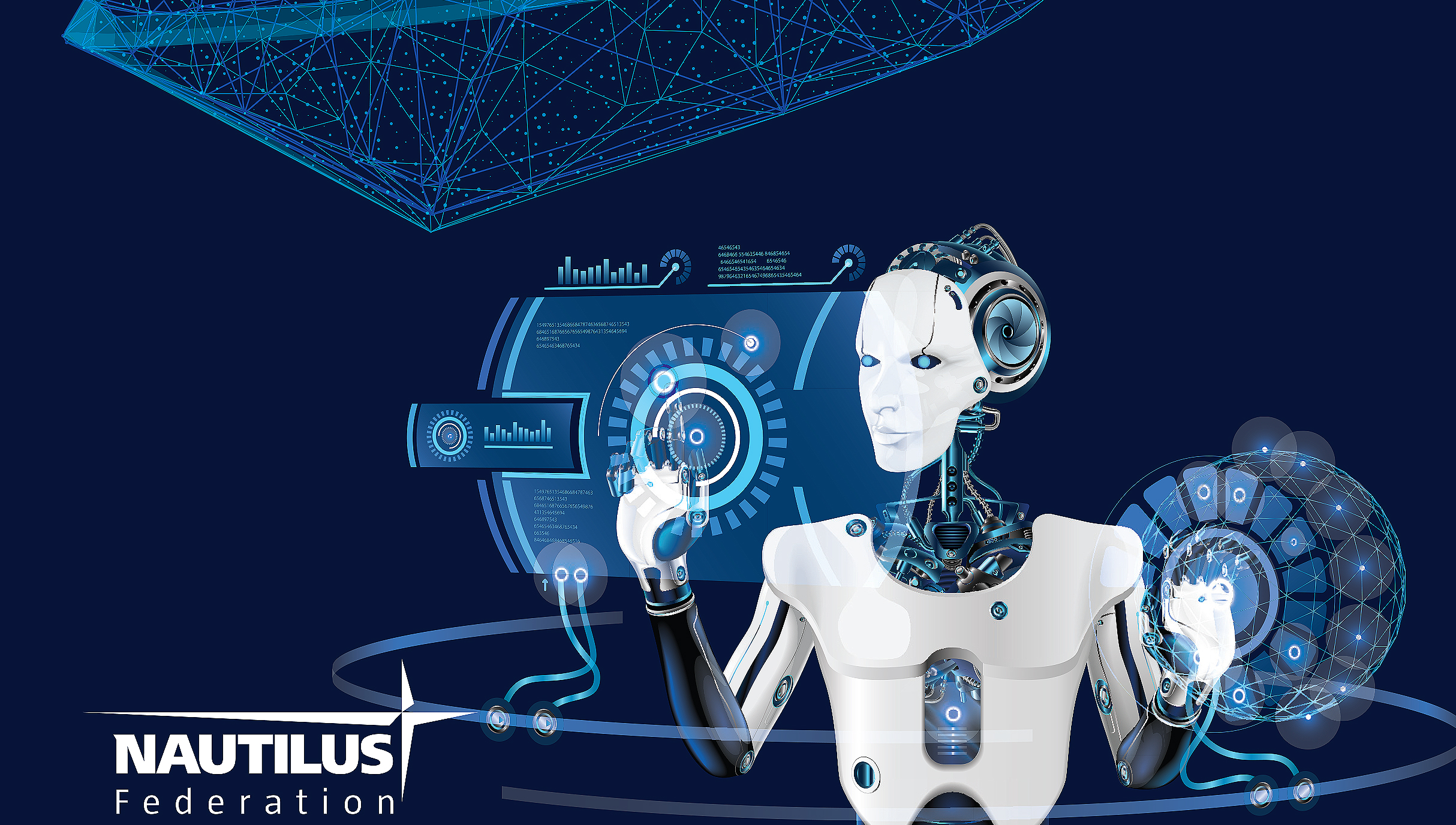
Neglecting 'human factors' in the drive towards autonomous shipping could pose big threats to safety and the environment, Nautilus International has warned ahead of top-level talks on the issues.
As the International Maritime Organisation's (IMO) maritime safety committee begins discussions on its two-year review of the regulatory framework governing the operation of autonomous ships, the Union is urging delegates to take note of the findings of a survey of almost 1,000 maritime professionals carried out by the Nautilus Federation of more than 20 seafaring unions.
The study, which will be presented to delegates attending the talks on the IMO regulatory scoping exercise, revealed that 84% of maritime professionals consider automation to be a threat to seafaring jobs and 85% believe unmanned remotely controlled ships pose a threat to safety at sea.
However, more than 60% of survey respondents said they felt automation has the potential to make the shipping industry safer – provided it is introduced in a 'hybrid' way, enhancing onboard operations, helping to cut fatigue and excessive workloads, minimising paperwork and bureaucracy, assisting with predictive and preventive maintenance, providing additional support for decision-making, and reducing or even eliminating some dangerous or repetitive tasks.
Nautilus is backing two papers submitted to the meeting by the International Transport Workers' Federation and the International Federation of Shipmasters' Associations. These warn of the potential for confusion arising from the lack of an agreed definition of an autonomous ship and stress the need for more attention to be paid to human/machine interface issues, as well as the interaction between autonomous ships and conventional vessels operating in the same environment.
The seafarer representatives also call for a focus on human element requirements; for shipboard and shore-based personnel, construction and engineering standards for enhanced redundancy and reliability, cyber-security, legal implications regarding jurisdiction and responsibility and accountability for remotely-controlled operations.
The papers also call for 'a degree of caution to ensure that an inappropriate regulatory framework is not hastily put in place in a leap of faith by the IMO on the assurances of technology suppliers'.
It is absolutely vital that people are not forgotten in the scramble to bring smart ships onto the seas. The debate so far has concentrated too much on technological and economic factors. Nautilus general secretary Mark Dickinson


'Properly introduced, automation and digital technologies could transform shipping in a positive way – making it safer and more efficient – but managed poorly, they could undermine safety and erode the essential base of maritime skills, knowledge and expertise,' commented Mr Dickinson..
'We hope delegates at the IMO's maritime safety committee will carefully consider the feedback gathered in the Nautilus Federation survey,' he added. 'There is no kneejerk opposition to technology, but rather a genuine desire to see it used in a way that improves the safety and efficiency of the shipping industry and the working lives of all within it.'
Tags
